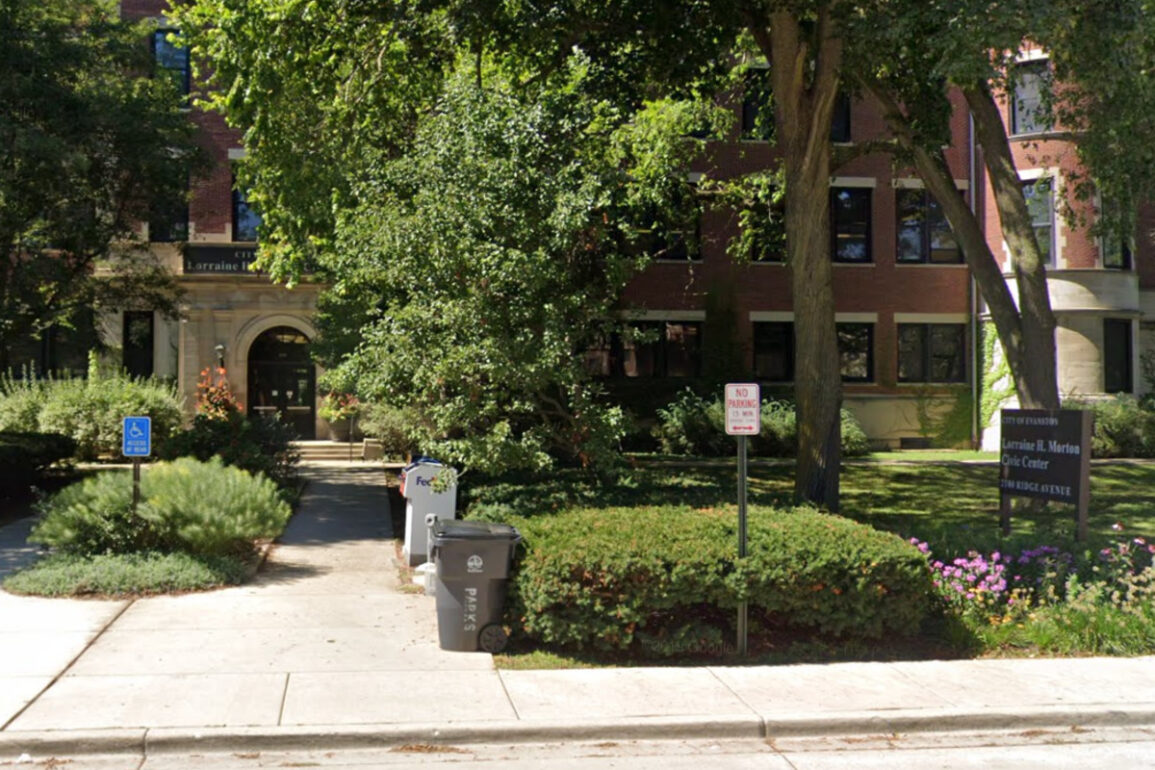
A landmark reparations program in Evanston, Illinois, intended to address historical racial discrimination, is facing a constitutional battle. A group of residents, backed by the conservative organization Judicial Watch, have filed a federal lawsuit against the city, contesting the program’s legality under the U.S. Constitution, according to the Chicago Sun-Times.
The lawsuit alleges the program violates the equal protection clause of the Fourteenth Amendment by solely granting funds to Black residents with historical ties to Evanston. An amount of $25,000 for housing and now also available in direct cash, the program aims to compensate for a segregated past spanning from 1919 to 1969. Plaintiffs in the suit, none of whom identifies as Black, assert their exclusion is based purely on race and demand equivalent reparations payments, as reported by the Judicial Watch.
Launched by the Evanston City Council in 2021, the reparations scheme was pioneering as the first of its kind and is fueled by a $10 million budget supported by local cannabis sales tax. To date, the city has reported distributing approximately $1 million of these funds. “This scheme unconstitutionally discriminates against anyone who does not identify as Black or African American,” Tom Fitton, President of Judicial Watch said in a statement. “This class action, civil rights lawsuit will be a historic defense of our color-blind Constitution.”
Payments under the program are tailored for three groups: “ancestors,” direct descendants, and modern Black adult residents who present evidence of housing discrimination after 1969. As a response to the suit, Evanston officials have remained silent regarding ongoing litigation, maintaining the focus on their commitment to redressing the city’s discriminatory history—albeit without comment on the specifics of the case, as details published by the Chicago Sun-Times.
On the flip side of the coin, proponents of such reparations programs, including think tanks like the Brookings Institution, argue that the extent of historical systemic racism requires a substantial and targeted governmental response to make amends. Evanston Mayor Daniel Biss texted Crain’s: “I’m proud of Evanston’s historic reparations program and of Evanston’s willingness to honestly confront our past in order to build a just future.” Whether Evanston’s reparations program can withstand the constitutional challenge remains to be seen, as the legal proceedings unfold.


